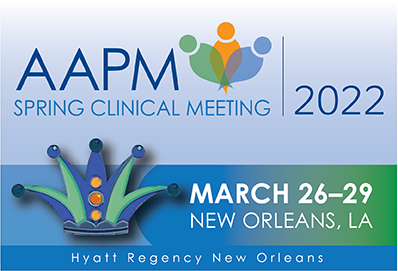Ethics for the Medical Physicist: Updates and Discussions from the ICRP and AAPM Task Groups
K Applegate1*, F Fahey2*, J St-Aubin3*, R Castillo4*, (1) Zionsville, IN, (2) Children's Hospital, Boston, MA, (3) University of Iowa, Iowa City, IA, (4) Emory University, Atlanta, GA
Presentations
(Monday, 3/28/2022) 2:00 PM - 4:00 PM [Central Time (GMT-5)]
Room: Celestin D-E
Ethics is a foundational topic for all professionals. Medical physicists face a wide variety of ethical issues that affect the public, our peers, and ourselves. A clear understanding of ethical values, together with the principles of radiation protection, can help address issues of potential conflict in decision making processes when using radiation technologies in medicine. As the ethical dilemmas a professional faces continue to broaden in scope, professional societies offer guidance on how to navigate these complex issues. This session will include reports and discussion from representatives of respective ethics committees of the AAPM and ICRP, and will include audience participation segments to facilitate discussion.
An ICRP Task Group is developing a report specifically dedicated to ethical aspects of radiation protection of patients, intended for wide use by medical professionals, educators, the public, patients, and regulators. Recent updates from this Task Group will be presented as well as scenarios adapted from examples in diagnosis and treatment.
The AAPM Ethics Case Study Working Group will demonstrate scenarios using the AAPM Code of Ethics as a framework for resolution of ethical dilemmas encountered in AAPM Members’ professional lives. The case studies provided will include the timely and relevant topic on the use of social media as a professional.
Learning Objectives:
1. To become familiar with the AAPM Code of Ethics
2. To describe the ICRP System of Radiological Protection basis on ethical values (core and procedural).
3. To describe medical professional values, codes of ethics, and patient factors that influence decision-making.
4. To understand the situations where understanding ethical values may be useful in clinical problem solving.
5. To facilitate the discussion of ideas regarding the case study scenario and extract meaning from the scenario presented
Handouts
- 174-60578-15991653-182388-607245809.pdf (F Fahey)
- 174-60658-15991653-182561-1965353218.pdf (J St-Aubin)
Keywords
Not Applicable / None Entered.
Taxonomy
Contact Email










